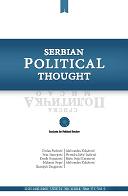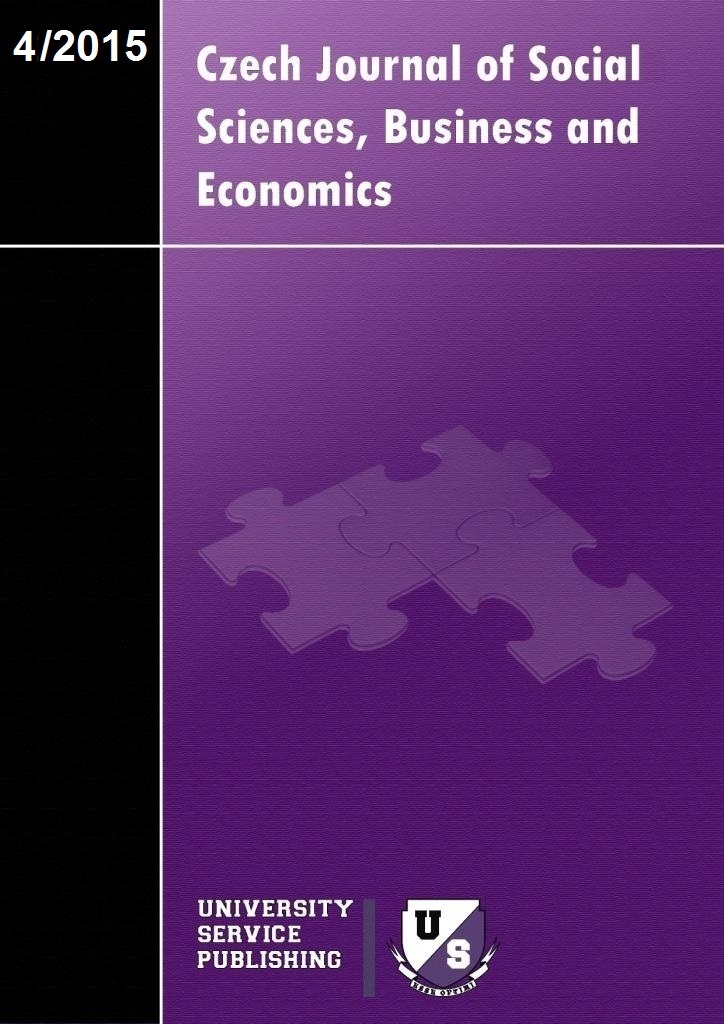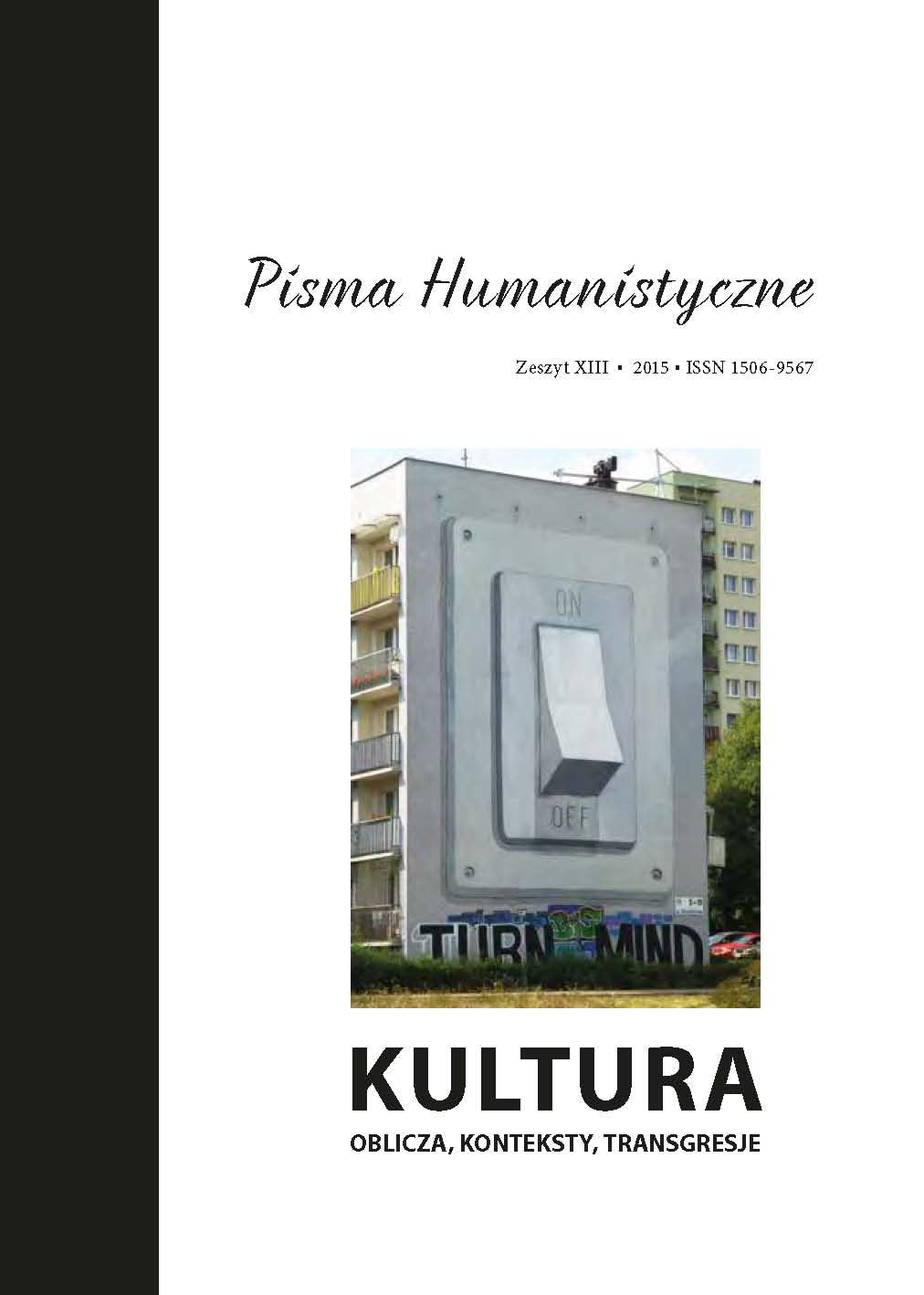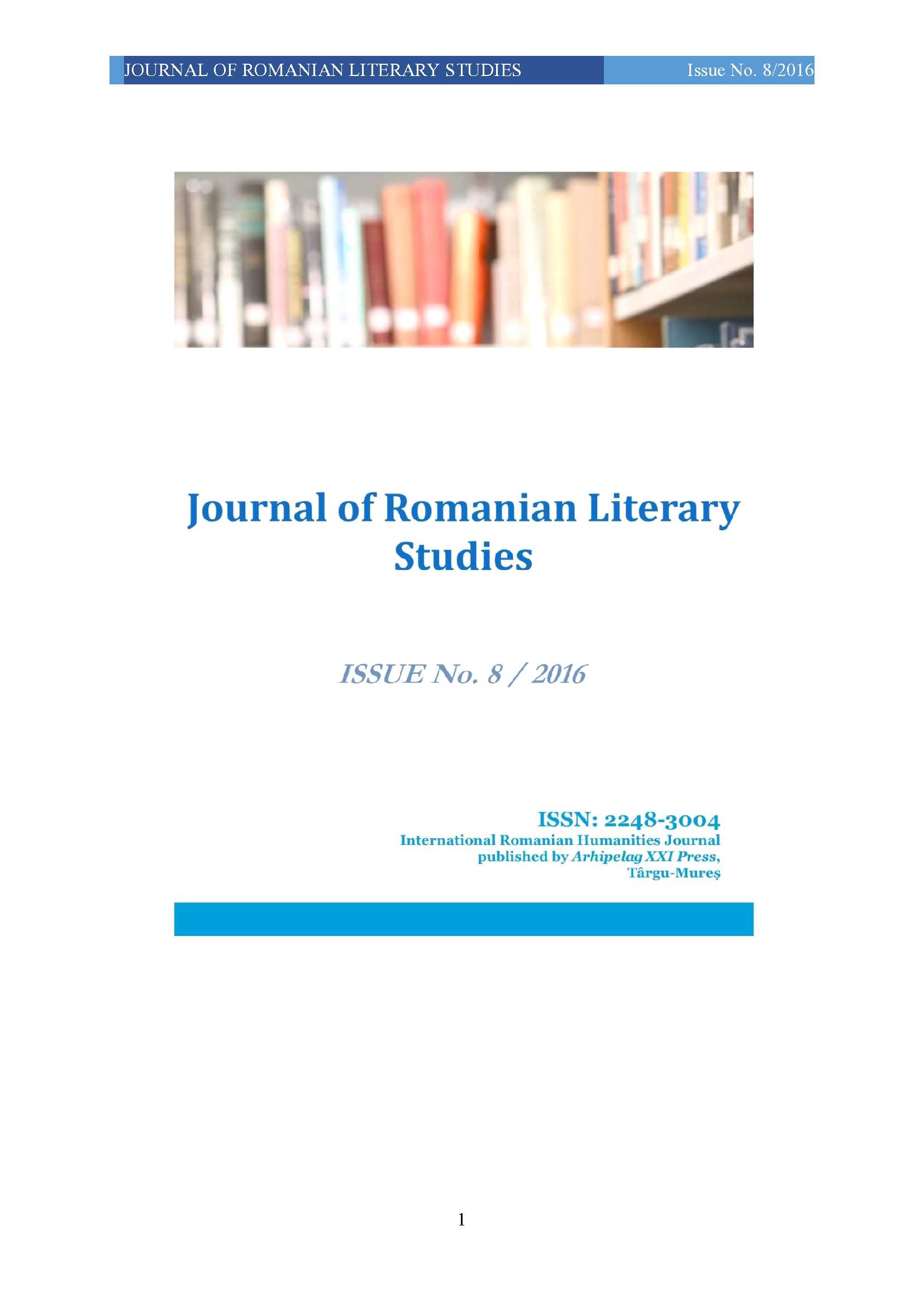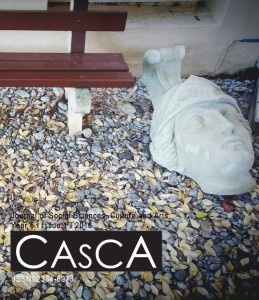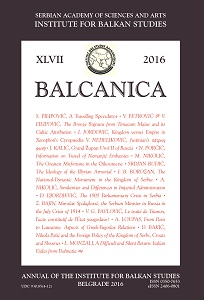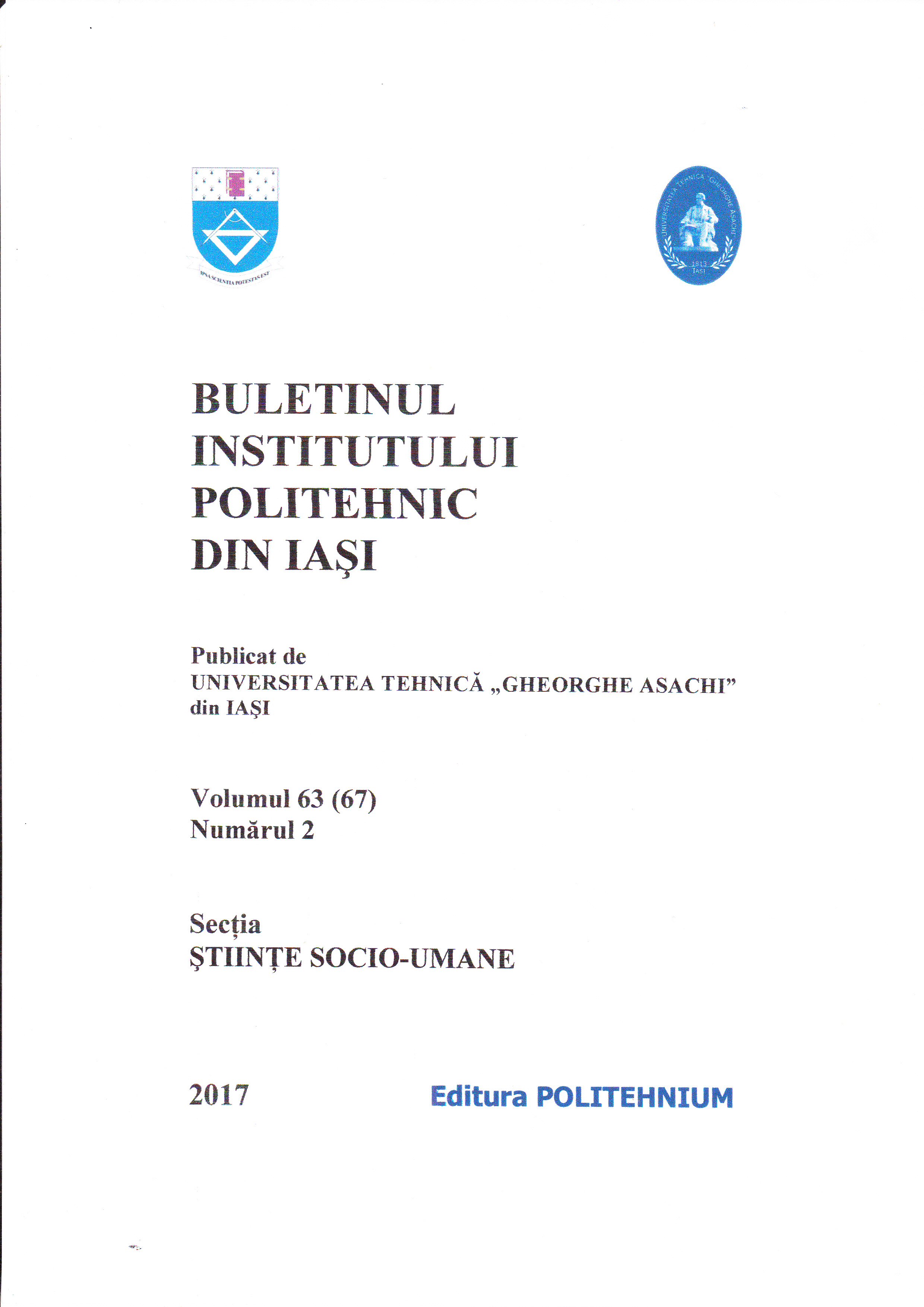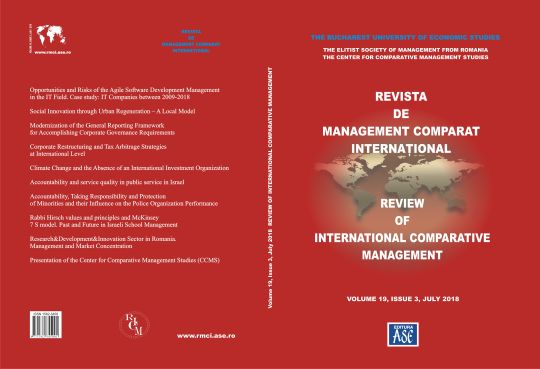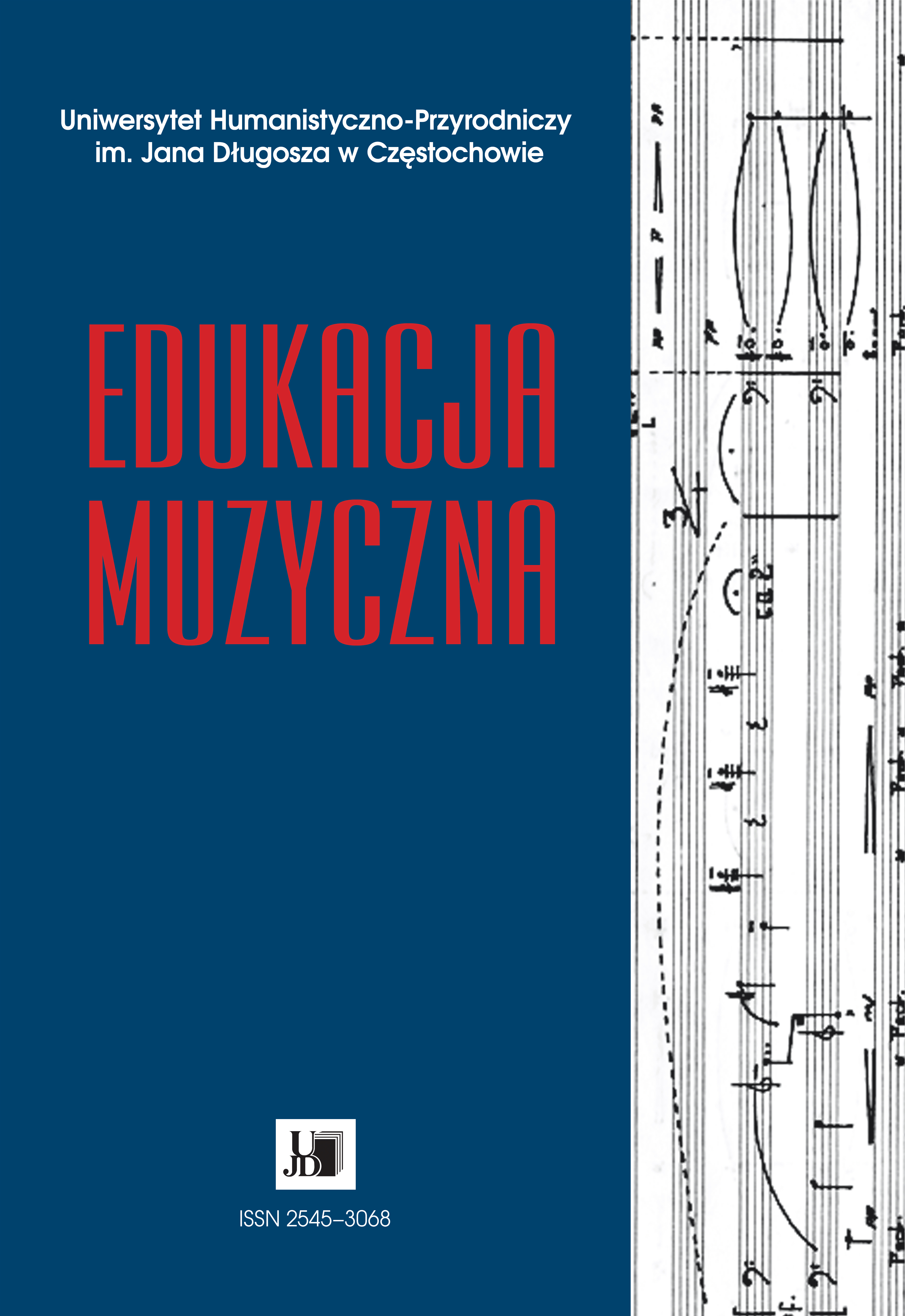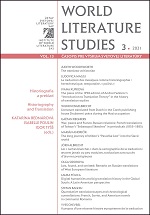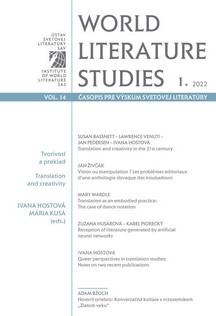Variability of Employees’ Behaviour during Disaffection
Variability of Employees’ Behaviour during Disaffection
Keywords: efficiency; behaviour; human resources; disaffection; turnover; organisation; management
The aim of the article is modelling of impacts of employee turnover on efficiency of organisations. Variability of employees´ behaviour during disaffection was modelled based upon identification of factors affecting employee turnover revealed by deduction method and verified by quantitative survey. Formulation of problematic phenomenon and its verification leads to formulation of critical variables in order to lower disaffection and its costs in organisations. Different responses to impulses determine the level of dependence between the primary impulse (factors influencing employee turnover) and a reaction which is further elaborated according to the significance for the organisation. Differences in behaviours of employees in small national companies and large multinationals and their reactions to impulses are also described. The questionnaires were fo-cused on revealing internal organisational factors leading to turnover. Respon-dents were part of a survey only if they left their previous job willingly. Thus, results can help to predict internal organisation causes leading to employee turnover and employee behaviour during disaffection.
More...

